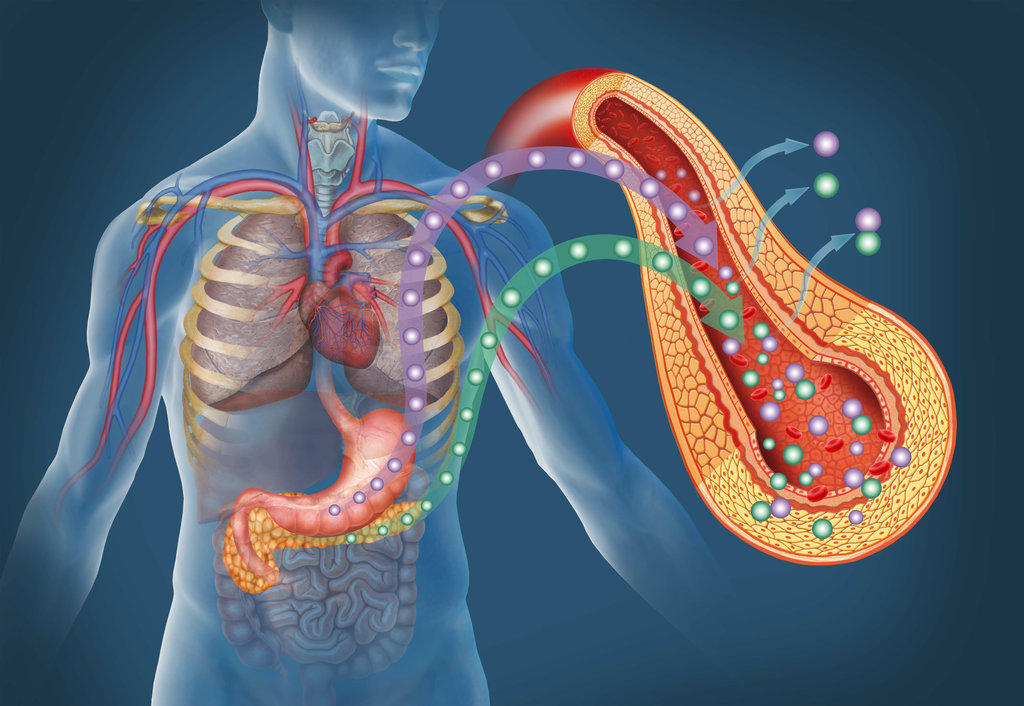
Legally Reviewed By:
Brian P. Gabriel, Esquire

Many people assume that failing a field sobriety test or breathalyzer automatically means someone was driving under the influence, but this isn’t always the case. Certain medical conditions can produce symptoms or test results that mimic intoxication, potentially leading to wrongful DUI charges.
Criminal Defense Attorney Brian Gabriel has successfully defended numerous clients against DUI charges where medical conditions, not alcohol, were the actual cause of symptoms or test results. With knowledge of how these conditions affect breathalyzer testing, effective strategies can be employed to challenge breathalyzer evidence.
Breathalyzer technology, while widely used by law enforcement across the country, operates on scientific principles that can be influenced by various factors beyond alcohol consumption. These devices use chemical reactions or infrared spectroscopy to detect compounds in breath samples, but they cannot always distinguish between ethanol and other similar molecular structures that may naturally occur in the body.
Most breathalyzer tests work by detecting compounds with a methyl group structure, which includes ethanol (drinking alcohol) but also encompasses many other substances that can appear in human breath naturally or due to medical conditions.
Several legitimate medical conditions can cause false positives on breathalyzer tests or produce physical symptoms that resemble intoxication, creating situations where innocent drivers may face unwarranted DUI charges.
Diabetes can produce false-positive breathalyzer readings through a process called ketosis. When diabetics have low insulin levels or haven’t eaten for a while, their bodies break down fat for energy, creating ketones. One such ketone, acetone, can be converted in the body to isopropyl alcohol.
Certain breathalyzers cannot distinguish between isopropyl alcohol and ethanol (drinking alcohol), potentially resulting in falsely elevated BAC readings. Additionally, during a hypoglycemic episode, a diabetic person may display symptoms like confusion, slurred speech, and poor coordination—all of which officers might mistake for intoxication.
Auto-brewery syndrome, also known as gut fermentation syndrome, is a rare but scientifically documented medical condition that can create alcohol in the body without consuming alcoholic beverages. This condition occurs due to an overgrowth of certain yeasts or bacteria in the digestive system that ferment carbohydrates into ethanol.
The symptoms include many typical signs of intoxication (disorientation, slurred speech, and impaired coordination), making it nearly indistinguishable from actual alcohol consumption to an observing officer.
Gastroesophageal reflux disease (GERD), acid reflux, and related digestive conditions can significantly impact the accuracy of breathalyzer tests through a mechanism involving the regurgitation of stomach contents. These conditions affect the sphincter separating the stomach from the esophagus, potentially allowing alcohol to move upward from the stomach.
Most breathalyzers are designed to measure deep lung (alveolar) air, but when mouth alcohol is present due to GERD or related conditions, the device may detect this residual alcohol instead, potentially pushing readings above legal limits even when blood alcohol is within legal ranges.
Respiratory disorders such as asthma, COPD (chronic obstructive pulmonary disease), and bronchitis can interfere with breathalyzer accuracy and produce symptoms that law enforcement might misinterpret as signs of impairment. These conditions fundamentally affect breathing patterns and lung function, which are critical to proper breathalyzer operation.
These conditions may prevent the person from providing a sufficient breath sample, which some officers might interpret as a refusal to comply, altering the ratio of alcohol in breath compared to blood due to breathing difficulties, or requiring medications that could potentially interfere with breathalyzer chemistry.
Securing competent legal representation is crucial if you face DUI charges and believe a medical condition may have influenced your breathalyzer results or physical symptoms. An attorney with experience in DUI cases and knowledge of how medical conditions affect testing can make the difference between conviction and acquittal.
If you’re arrested for DUI and have a medical condition that could have affected your test results, proper legal representation is essential. An experienced attorney will identify relevant medical conditions that may have influenced your breathalyzer results, obtain medical documentation and expert testimony to support your defense, and challenge the validity of the testing procedures used in your case.
Being charged with DUI due to false breathalyzer results caused by medical conditions can be frightening and frustrating. However, with proper legal representation and medical documentation, you may be able to successfully fight these charges. Mr. Gabriel will handle your case using all the knowledge and skill developed over the span of his extensive career.
Start with a free consultation today by calling Criminal Defense Attorney Brian Gabriel of The Law Office of Gabriel & Gabriel at (561) 622-5575. You can also complete an online contact form to learn more.

Legally Reviewed By:
Brian P. Gabriel, Esquire
Brian Gabriel is the driving force behind the Law Office of Gabriel & Gabriel. He has been in practice for over 30 years and his experience during that time has been devoted almost exclusively to the defense of criminal cases.
July 18, 2025